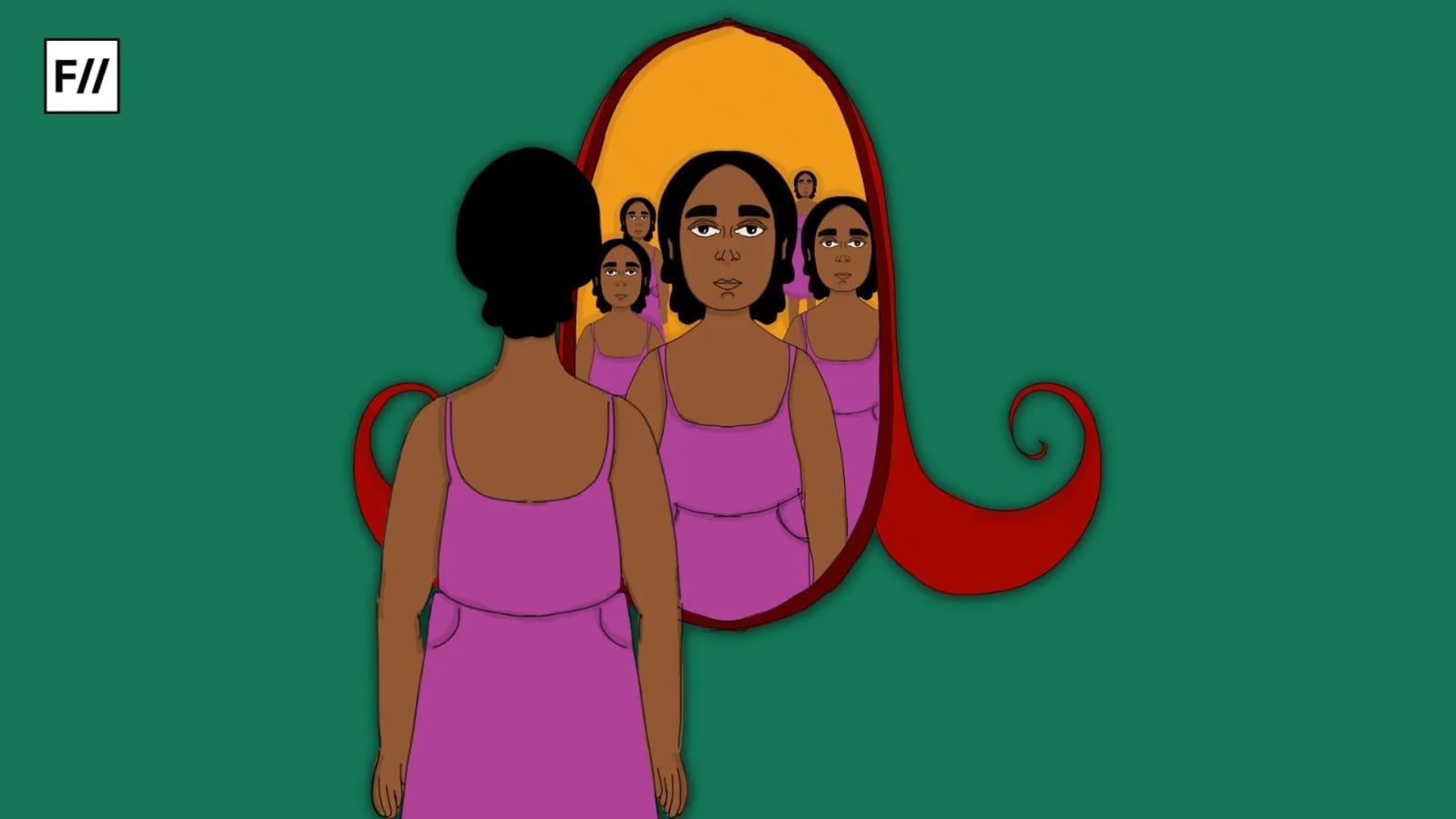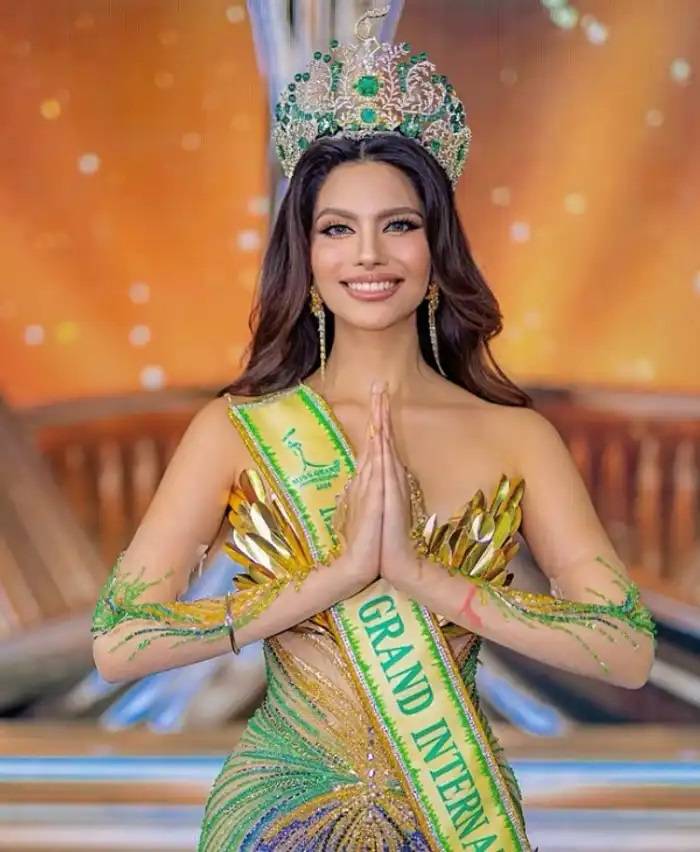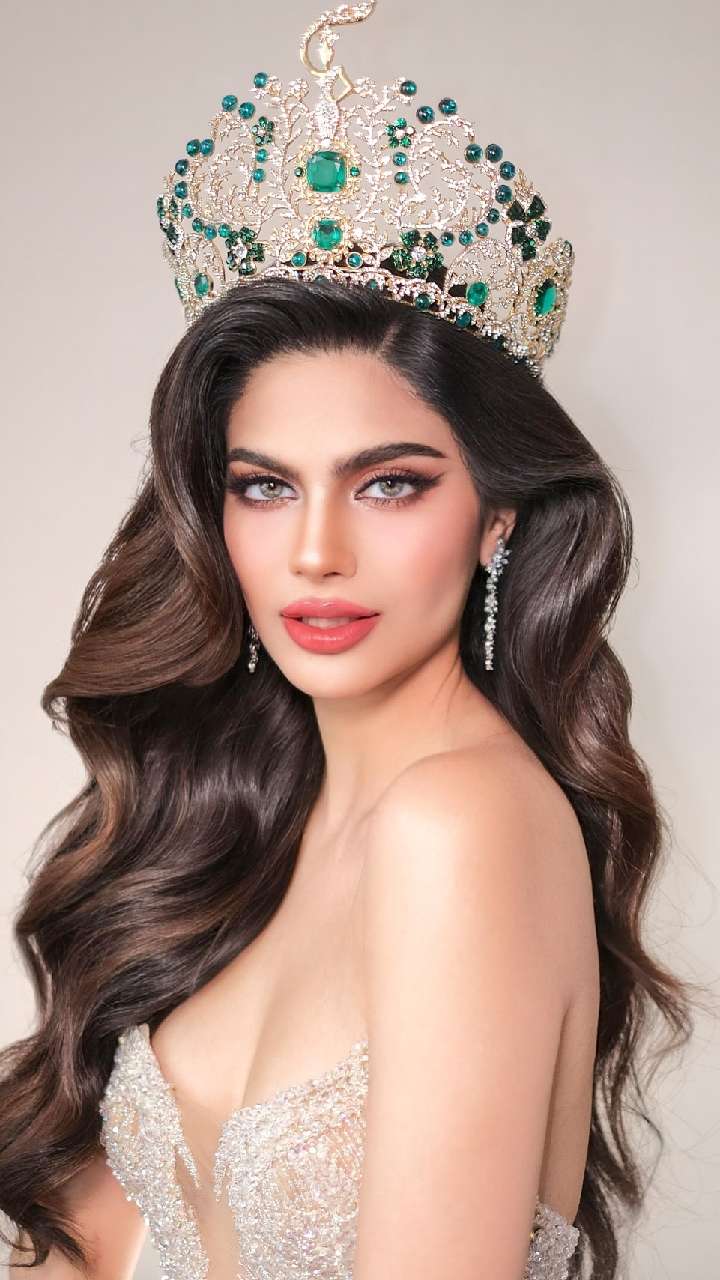The image of a beauty queen—draped in satin, wearing a crown, her hands raised in poised victory—has long symbolised aspiration, empowerment, and grace. Yet, despite mounting criticisms of the industry, the allure of the pageant stage persists for countless young women, promising a unique platform for advocacy, personal growth, and a spotlight rarely afforded elsewhere.
But behind the sequins and smiles lies a complex, often contentious industry reflecting both the best and worst of modern pageantry. The recent resignation of Rachel Gupta, a prominent Miss Grand International (MGI) title holder from India, has brought this duality into sharp focus.
A whistleblower’s testimony: the cracks in the facade
Rachel’s departure from the MGI platform was not merely a personal decision, it catalysed a public reckoning. In a 56-minute video released on May 28, 2025, she detailed months of alleged mistreatment, mental distress, and systemic pressure from the organisation. She spoke of constant surveillance, a lack of autonomy, and a toxic culture that demanded loyalty over well-being.
She revealed that her basic needs were often neglected: her food preferences ignored, no access to a gym, and an isolated countryside residence far from the city. Reportedly left to fend for herself with minimal support, her anxiety and mental exhaustion deepened.
Rachel also recounted a Grand event with MGI’s president Nawat Itsaragrisil and Vice President Teresa Chaivisut, where conversations allegedly centered on contestants’ body measurements, deciding who was ‘not okay‘ to win based solely on physical measurements. More disturbingly, she alleged that an MGI team member privately visited and inappropriately touched her in multiple places, pressuring her to reduce weight in specific areas to fit their narrow beauty ideals.
As one mental health therapist who works with young women in the industry told us ‘Many girls enter these pageants with dreams of glitz and gold. But when reality doesn’t match fantasy, it can break their spirit. I’ve seen several fall into serious depression and anxiety because of the emotional and physical strain.‘
A pattern of control and controversy in the MGI pageant
This was not the first time MGI has faced such accusations. In 2015, original winner Anea Garcia was dethroned, and her successor, Claire Parker, was later stripped of her title for expressing interest in another pageant system. Further, during the 2022 Russia-Ukraine war, MGI’s president Nawat Itsaragrisil sparked controversy by making the contestants from the two warring countries roommates—a tone-deaf attempt at diplomacy that instead fueled outrage.
Further, during the 2022 Russia-Ukraine war, MGI’s president Nawat Itsaragrisil sparked controversy by making the contestants from the two warring countries roommates—a tone-deaf attempt at diplomacy that instead fueled outrage.
This penchant for sensationalism, which often translates into online views and media buzz, seems deeply embedded in MGI’s operational strategy; one might recall the 2018 crowning where the winner fainted on stage, an incident that, while concerning for the individual, garnered significant global attention for the pageant. MGI also continues the outdated and objectifying practice of announcing contestant’s body measurements during the swimsuit round, a tradition many major pageants have abandoned.
What emerges is a portrait of an organisation seemingly prioritising control and spectacle-often at the expense of its contestants’ dignity- over empowerment and care. While MGI proudly markets itself with slogans like ‘Stop the War and Violence,’ its internal culture appears antithetical to peace or dignity. This performative advocacy rings hollow, especially considering its silence during recent events like the India-Pakistan conflict. Rachel Gupta, then in Jalandhar, one of the blackout zones during the escalation, candidly shared her terror and feeling of being unsupported. Her emotional vulnerability starkly contrasts with the silence of an organisation claiming to champion peace.
Since Rachel’s public exit, events have allegedly grown more troubling. In what appears to be a disturbing escalation, Nawat Itsaragrisil reportedly shared incorrect passport details linked to another individual—Filipina beauty queen Kylie Verzosa—misidentifying her as Rachel, an act for which he was called out on Instagram. He also allegedly posted images of Rachel’s mother and sister undergoing facial surgeries in a Korean hospital with which he has connections, seemingly to discredit or shame the family.
These actions, if true, constitute a severe invasion of privacy and suggest a chilling harassment campaign.
These actions, if true, constitute a severe invasion of privacy and suggest a chilling harassment campaign. Jennifer Gupta, Rachel’s mother, publicly denounced these actions on Instagram and called for the Miss Universe Organisation (MUO) to sever ties with Nawat, particularly concerning given his recent appointment as Vice President for MUO Asiana. The stakes now extend beyond one pageant to the ethical standing of global platforms like Miss Universe.
Divergent paths: empowerment vs exploitation
However, not all beauty pageants are the same. Some have evolved meaningfully. Miss Universe (especially under IMG, 2015–2022) and Miss World, for example, have attempted to set higher standards for contestant treatment. Harnaaz Kaur Sandhu, Miss Universe 2021, is a case in point. Diagnosed with celiac disease, she experienced significant weight gain and faced brutal online trolling. Yet, the Miss Universe Organisation stood by her, emphasising body positivity and health. Their support, extending beyond her reign, exemplifies a model of care.
This contrast reveals crucial differences in the ethos various organisations uphold. While some now champion advocacy, inclusion, and autonomy, others cling to outdated notions of obedience, control, and narrow beauty ideals. It exposes a fundamental paradox: how can an industry built on the premise of female empowerment simultaneously engage in practices that appear to strip women of their agency, well-being, and dignity? It raises fundamental questions: Who gets to be crowned? At what cost? And who controls the narrative of beauty?

Importantly, voices from within the industry are speaking out. Pageant coach Werner Wessels wrote in response to Rachel’s story: ‘No woman who has had this dream would give up a title unless it became absolutely detrimental to her mental, physical and emotional wellbeing. It is up to us to continue to hold organisations accountable. We stand with you.’ Miss Denmark echoed this support, commenting: ‘We do care about women,‘ signaling a widening divide between those complicit in silence and those striving for change.
Reclaiming the crown: A call for systemic reform within pageants
To move forward, the pageant industry needs a cultural reckoning. Contractual transparency, robust grievance redressal systems, and prioritising contestant welfare must become non-negotiable. Empowerment cannot be conditional; representation must be liberating, not limiting. An independent oversight body, perhaps modeled on those in professional sports or entertainment, could serve as a vital safeguard—mandating clear codes of conduct, ensuring access to mental health resources, enforcing standardised contracts, investigating abuse impartially, and fostering a culture where red flags are addressed, not buried under glitter and gloss.
Rachel Gupta’s resignation is a mirror, reflecting both the promise and peril of pageantry today. If beauty pageants are to survive as relevant institutions, they must learn to wear the crown without it becoming a cage.
A follower of pageantry would want to see this world flourish, not become tarnished by the actions of individuals who enable toxic environments. The glamour these competitions embody can uplift and inspire, but only if the industry cleanses itself of harmful practices and truly centers the dignity of the women who step into the spotlight. We can hope for pageantry to evolve into the powerful platform it promises to be—one where crowns are symbols of genuine empowerment, not cages of control.
About the author(s)
Karan Babbar is an Assistant Professor at Centre for Development Studies, Jindal Global Business School, OP Jindal Global University.






